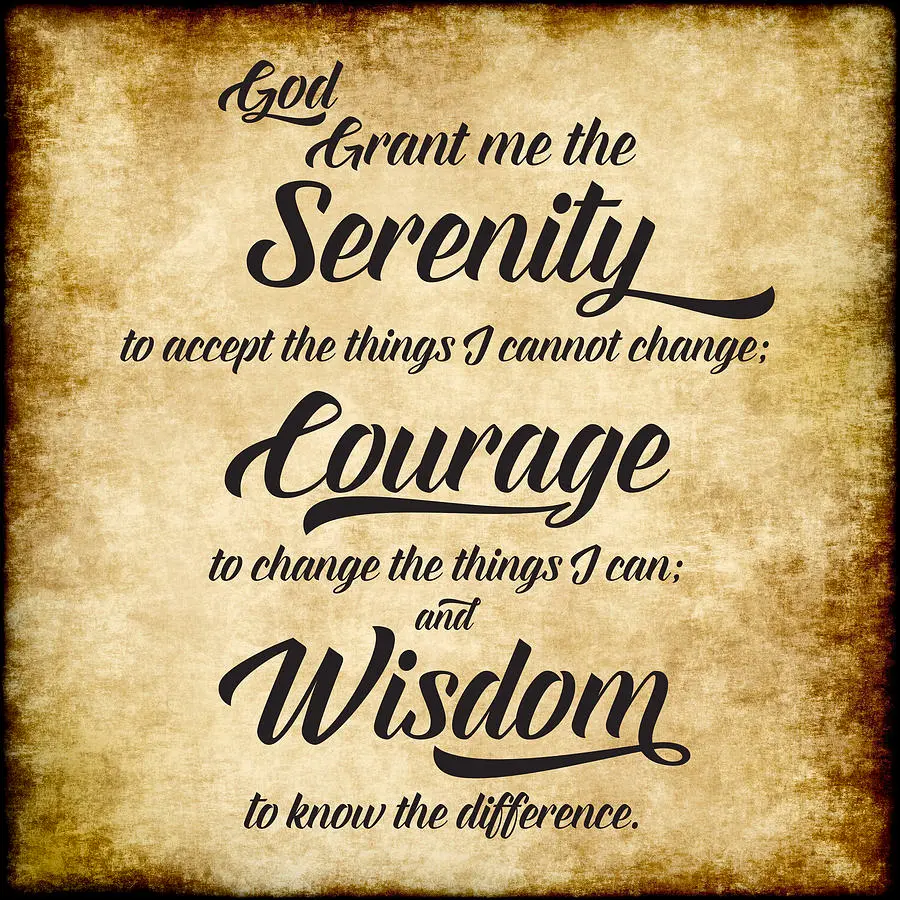F.E.A.R

Almost all of us are familiar with the word fear. In fact, many have probably heard one of the many acronyms commonly used to describe the powerhouse emotion: Whether the hopeful Face Everything And Recover or the more colorful “F” Everything And Run! Regardless of your own personal relationship with it, eons of human experience have shown this emotional response to an immediate or perceived threat to be one of the strongest drivers of human behavior. In fact, many modern spiritual leaders speak of fear and love as the only true motivators for humans. In one of my favorite quotes, John Lennon says, “There are two basic motivating forces: Fear and Love.” The founding Beatles member’s words make me wonder: Was it a fear of picking up a mess this morning or my love for Clooney that had me springing out of bed at 4 AM in response to my 4 legged companions whimpers?
I apologize for my digression, but I find myself intrigued by the role fear has and continues to play in my life. I know that I’m not unique in how fear is a main force in my life. In fact, the Big Book tells us that for alcoholics, “This short word (fear) somehow touches about every aspect of our lives. It was an evil and corroding thread; the fabric of our existence was shot through with it.” (pg. 67) And while the selected passage implies the influence of fear to be a past phenomenon, I have to admit its’ power continues to be a potential driver of my decision making and behaviors. Of course, not all fear is bad or problematic.
Fear has kept me safe on many occasions. Whether it is waiting for the walk signal at a crosswalk or even resisting the urge to load more plates on the barbell, fear of physical harm and self-preservation have served me well. But what happens when fear precipitates self-destructive behavior, blocks the acceptance of grace, or simply tempers joy? And perhaps even more problematic: what if the fear is imagined or of harm to the ego?
It wasn’t long ago that a mentor of mine observed, “You know what your problem is? You’d rather create a known suffering than allow for the possibility of being happy, joyous, and free.” I remember being slightly offended and getting defensive, as what follows, “You know what your problem is” rarely leaves me feeling warm and fuzzy, but mainly recognizing that he was right. When faced with situations where I feet a lack of visibility and control over the outcome, my tendency is to throw a metaphorical grenade, whether self-sabotaging behavior, procrastination, or even outright quitting. Note how I switched to the present tense in that last statement? After all, I’m a work in progress.
I often find myself thinking that some new diagnosis, spiritual book, concept, or addition to my morning routine will be the panacea leading to a problem-free, joyous life. However, the powerful and simple Serenity Prayer may be the only instruction I need:
God grant me the serenity to accept the things I cannot change,
the courage to change the things I can,
and the wisdom to know the difference.